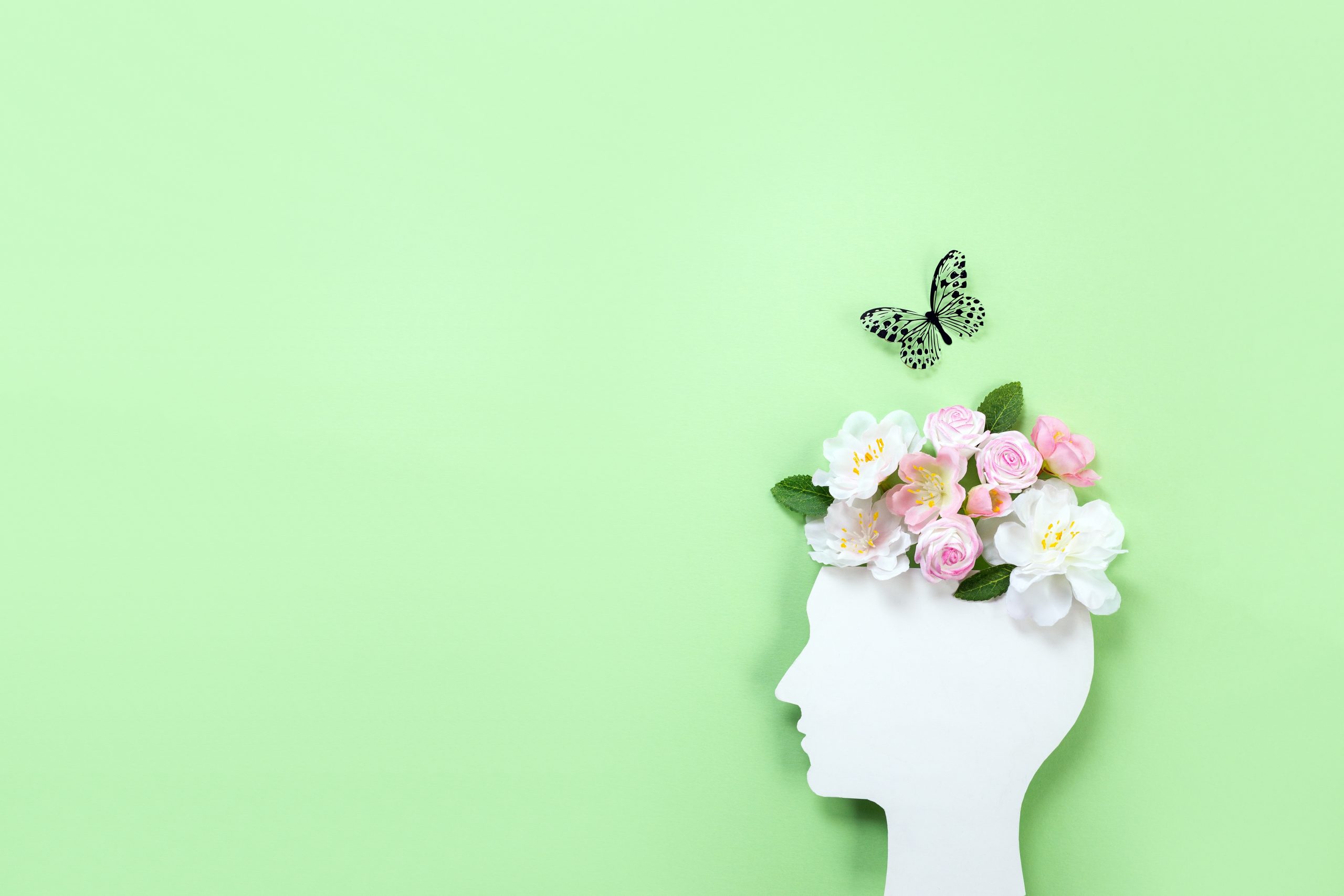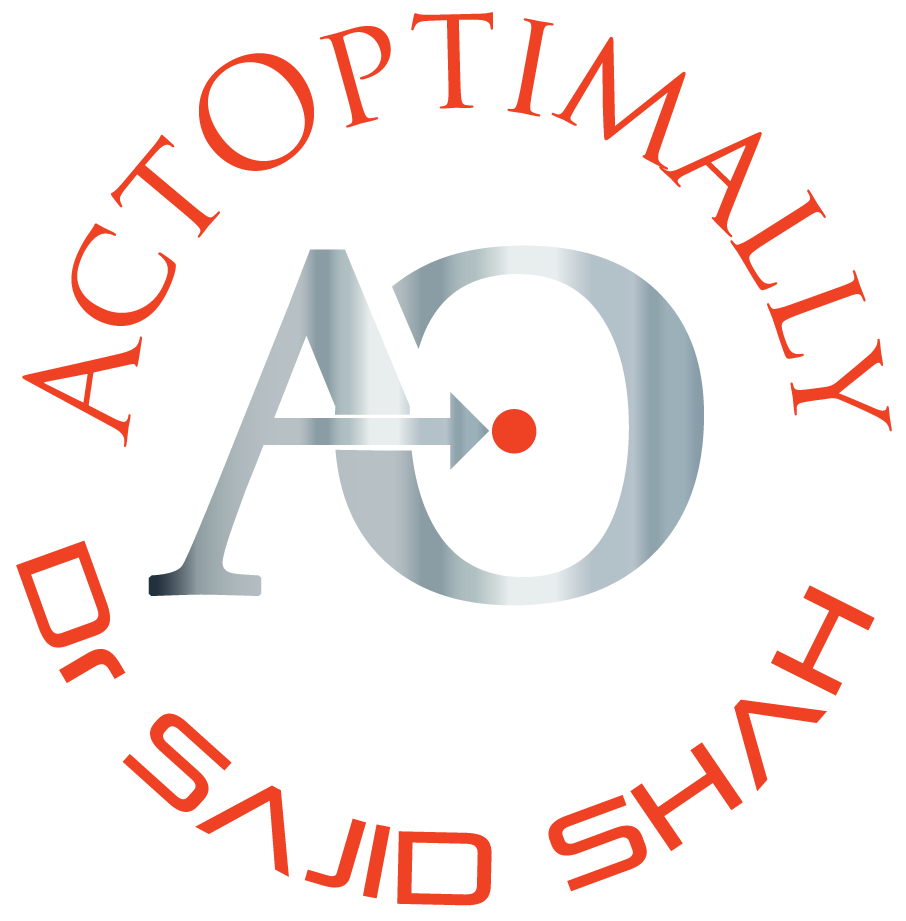
Neuro-Love: How Brain Science Helps You Build Healthier Relationships
This event examines how deep-seated fears create powerful pressures that influence our romantic decisions, especially in the early stages of relationships. As someone who studies how pressure affects decision-making, I’ve observed how our fundamental fears can profoundly shape our choices about love and connection.
Fear emerges as one of the most powerful sources of pressure in romantic decision-making. Our fear of loss, abandonment, and rejection doesn’t just create emotional discomfort – it fundamentally alters how we evaluate potential partners and make relationship choices. These fears trigger both psychological and biological responses that can cloud our judgment precisely when we need clear thinking the most.
Understanding how these fears create pressure helps us recognize why we sometimes make relationship decisions that don’t serve us well. We might rush into commitments to avoid abandonment, withdraw to prevent rejection, or cling too tightly out of fear of loss. These pressure-driven decisions often create the very outcomes we were trying to avoid.
But by understanding how pressure from our fears influences our decision-making patterns, we can learn to make more conscious choices in our romantic lives. We’ll explore practical ways to recognize when fear is driving our decisions and how to maintain clearer judgment even when facing the intense pressures of early romance.
This isn’t about eliminating fear – it’s about understanding how pressure affects our choices so we can navigate romantic decisions with greater awareness and wisdom. Whether you’re starting to date, entering a new relationship, or wanting to understand your relationship patterns better, this event will help you understand how pressure influences your romantic choices and how to make better decisions despite these pressures.
Join us to explore how understanding pressure in decision-making can transform your approach to romance and relationships.
Disclaimer : The information provided in these online talks is intended for educational purposes only and is not meant to be a substitute for professional medical advice, diagnosis, or treatment. I am not a licensed healthcare provider and cannot diagnose or treat any mental health conditions.
If you are experiencing any mental health concerns, please consult with a qualified healthcare professional.






